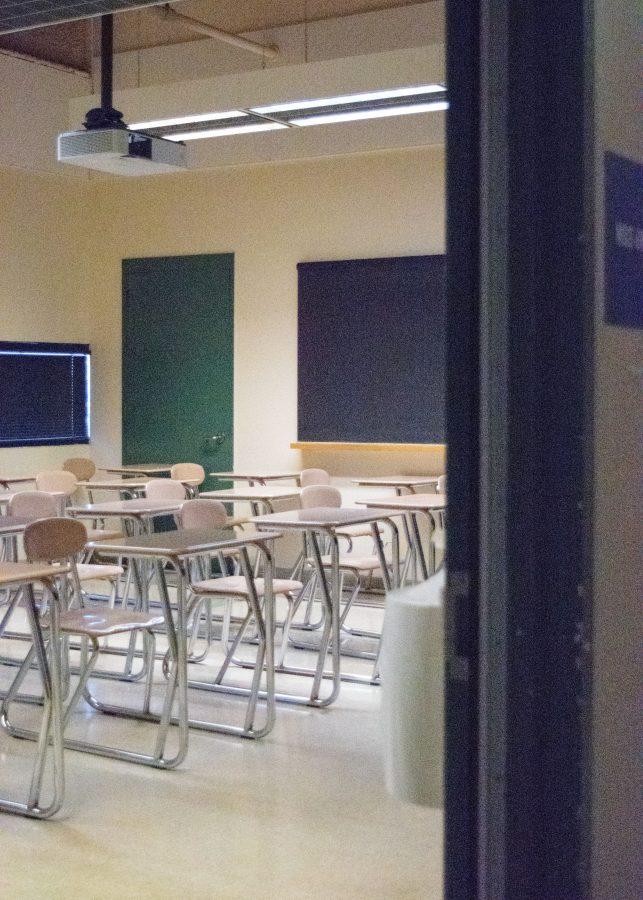According to the Daily Nebraskan, having a mandatory attendance policy holds students accountable for their course grades. Simply put, it influences their academic performance. From my understanding, students would be more likely to attend class if they know that attendance is a part of their overall grade.
During the past year in remote classes, also known as “Zoom University,” many of my professors have not made attendance a requirement. From the various reasons I’ve heard as to why they’ve decided not to make attendance mandatory, one of the most common is that “we’re all adults.” Professors claim that we’re old enough to understand what’s best for us, whether that means coming to class, or working a nine to five shift and skipping class. It’s quite different from high school. In college, students continue to walk out of the lecture hall during a lecture whenever they wish. It may be due to something important or just because they aren’t interested in what is being taught. However, I’m sure we can all agree that it can be quite distracting. It makes me feel like the students are not as engaged with the material.
Some students believe that they can learn on their own without attending lectures. However, numerous things factor into your grade. If students attend classes, they will have the chance to learn the material and get a better understanding rather than reading the textbook themselves. Without students asking questions, how can we have an insightful discussion? Well, it may not be possible. With recorded lectures and class attendance not being required, who would want to come to class? Definitely not the majority of students, which gives them the freedom to take on other obligations like work, errands, etc. Eventually, the students will feel overwhelmed with all their work and it will poorly affect their grades.
Having an attendance policy will reinforce the importance of staying engaged and ready to learn new material. However, there should still be exceptions for medical emergencies and unexpected situations. I believe that since students are the ones to choose their classes, they should be well aware of their obligations before enrolling in the class. A majority of students claim that lectures are a waste of time and the material could be self-taught with a textbook. However, any lingering questions cannot be answered at home or at work.
According to Huntington News, another theory is that students who don’t want to be in class will find ways to distract themselves with technology and side conversations. So what’s the point of coming to class? Well, no matter how much we say that coming to class doesn’t equal getting a good grade, the truth is that it will only increase your chances. Although I believe that students are responsible for their grades, I would also say that the professor has some part in it. Whether it’s in terms of policies or the style of lecturing, mandatory attendance can be extremely important in certain classes. For example, UMass Boston has a seminar requirement for general education. With optional attendance, students would be less likely to show up to class which would make the class less interactive. As far as I know, the majority of seminar courses offered at UMass Boston are discussion based. Through these discussions on a certain topic, students learn critical thinking skills that will benefit their careers. If students don’t attend class, there won’t be any interactive discussion with different ideas, but rather a few opinions. Colleges should definitely make attendance mandatory for all courses because it helps students become more responsible, which better prepares them for their future careers.

